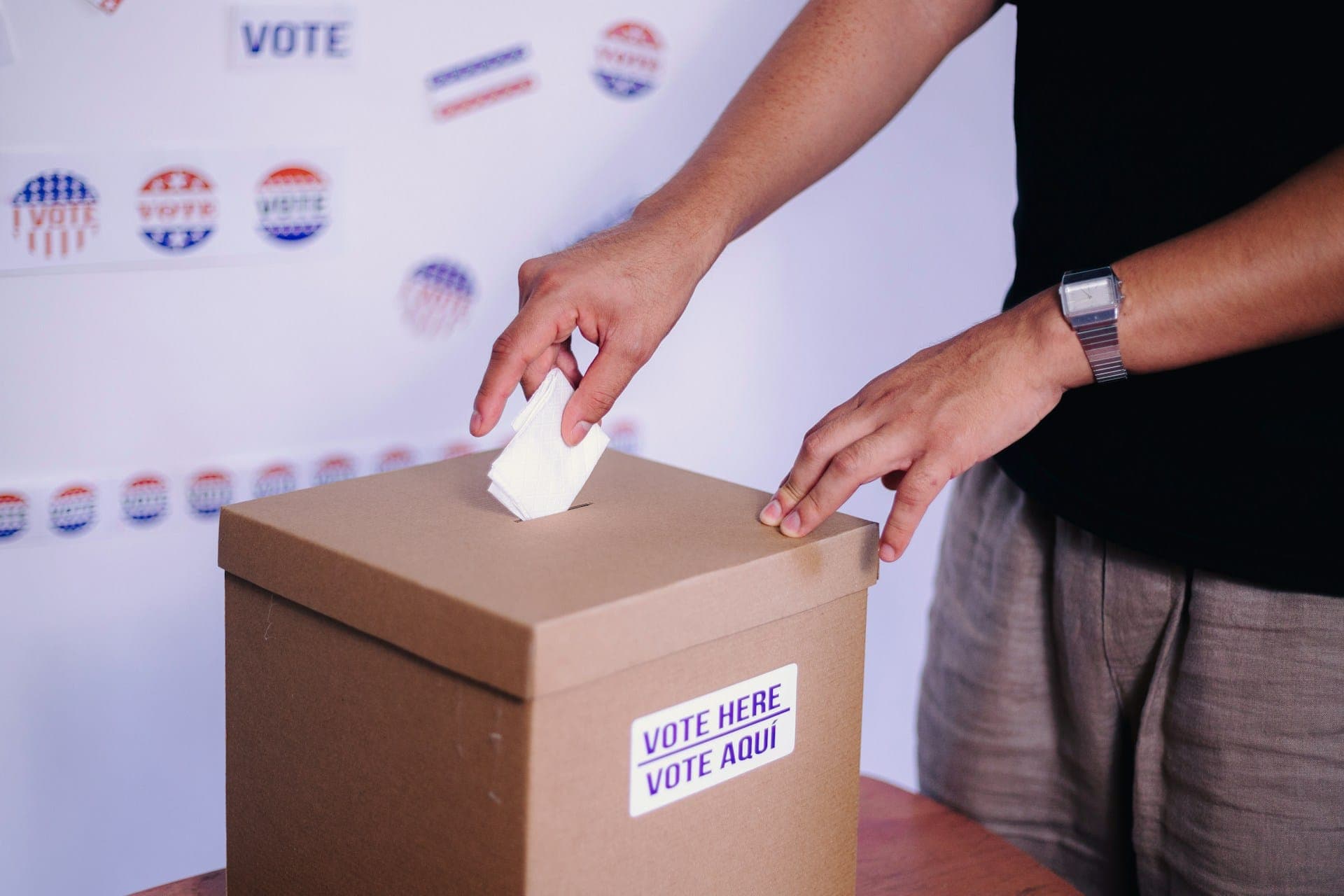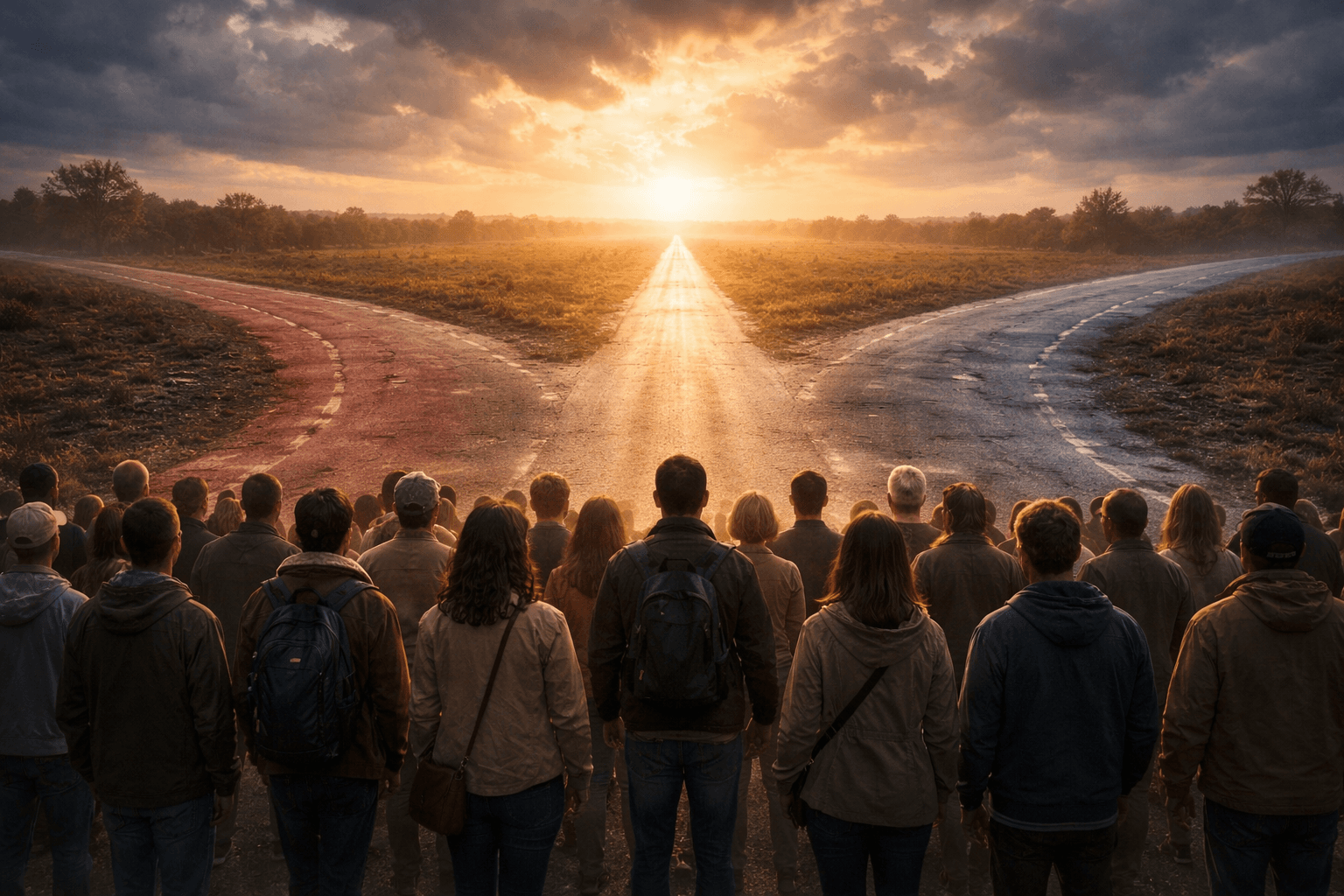A 2024 Analysis Shows the Undeniable Force of the Independent Vote

Independent voters showcased how critical of a voting bloc they were in the 2024 elections. What's more, they showed that despite the claim that they are "party leaners," they were not committed to candidates of a single party.
These are the voters that pushed the needle for President-Elect Donald Trump in critical swing states but also elected Democrats in key Senate races in states like Arizona and Michigan.
For anyone curious how a Republican could win the presidential race in a state, but a Democrat could win another statewide election, the answer is simple: independent voters, who made up 34% of the participating electorate.
Independents have defied conventional expectations for elections, and according to Arizona State University's Center for an Independent and Sustainable Democracy (CISD), this is because their voting behavior cannot be predicted.
"Independent behavior," a new analysis of the 2024 elections states, "is often shaped by the candidates, the political climate, and events leading up to an election."
The paper adds that this unpredictability is why campaigns have increasingly focused on courting these voters, who will -- in the near future -- definitively make up the largest voting share in national elections.
The CISD collaborated with the nonprofit group IndependentVoting.org to publish its findings. Among the paper's authors are Independent Voting's Jacqueline Salit and Cathy Stewart.
To illustrate how unpredictable the independent vote can be, CISD highlights that these voters broke for Vice President Kamala Harris nationally by 3 percentage points, but they favored Trump in many critical battleground states.
Harris' favorability among independents nationally didn't come close to President Joe Biden's advantage in the 2020 election, during which he won independent voters by 13 percentage points.
CISD found that independent voters were twice as likely as Republicans and Democrats to split their tickets between presidential and Senate elections. The percentage ranged from 7% in Wisconsin to 14% in Nevada.
Additionally, future elections are just as likely to produce mixed results. Research consistently shows that Millennials and Gen Z are far less likely to join either major political party because they are dissatisfied with the political status quo.
"As these generations become a larger portion of the electorate, their voting habits — especially among independents—will have an increasing influence on election outcomes," the CISD states.
"Candidates that ignore this bloc risk alienating an important segment of the population."
The growth in independent ID will also force more Americans to take a critical look at the way the US conducts it elections because it's a system that endorses -- at every level -- two parties and only two parties.
It is a system in which the parties write the election rules to their advantage, including a partisan primary structure in which 7% of the electorate decides 90% of elections and bars tens of millions of independent voters.
From redistricting to ballot access to campaign finance, the rules put party interests before choice and competition. In fact, the choices are made for voters rather than voters deciding for themselves who they want in office.
This has not only led to a drop in candidate favorability, but an increase in "lesser of two evils" voting.
Not only that, but it is a system that incentivizes polarization and division, even when most voters, especially independent voters, want to see more cooperation from lawmakers and political leaders.
"Their prioritization of democracy concerns make them a force concerned about process as much as policy," the CISD states. "And their votes can reflect a willingness to back candidates who prioritize cooperation over partisan conflict."
Without change to the status quo, dissatisfaction with the nation's politics and the political ecosystem is only going to grow as independents make up a larger share of the electorate.
Read the CISD's full report here.
 Shawn Griffiths
Shawn Griffiths






